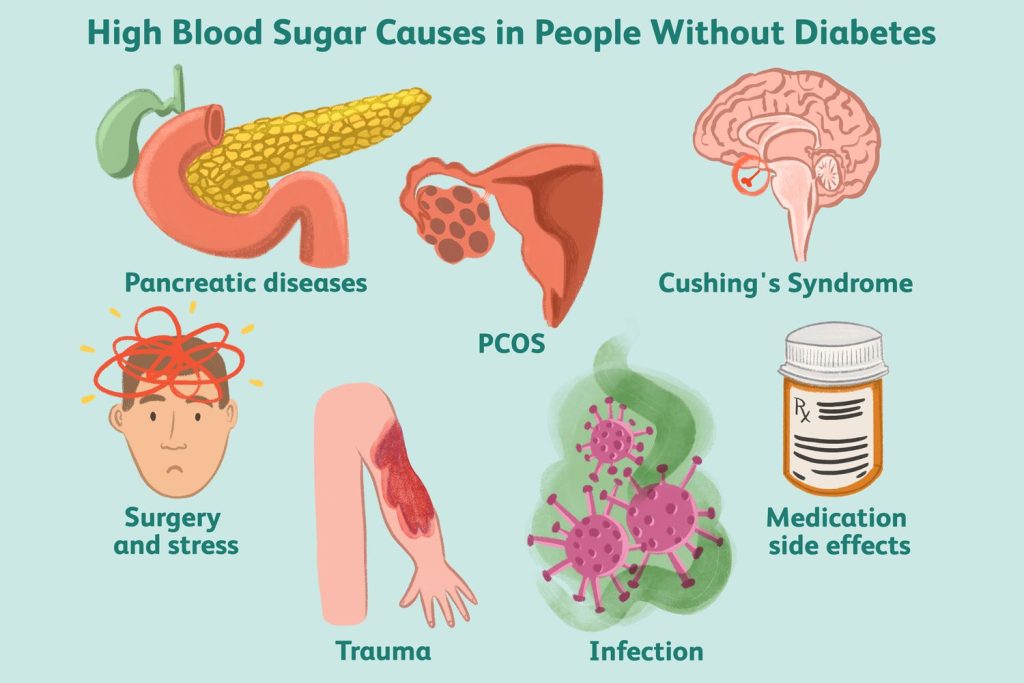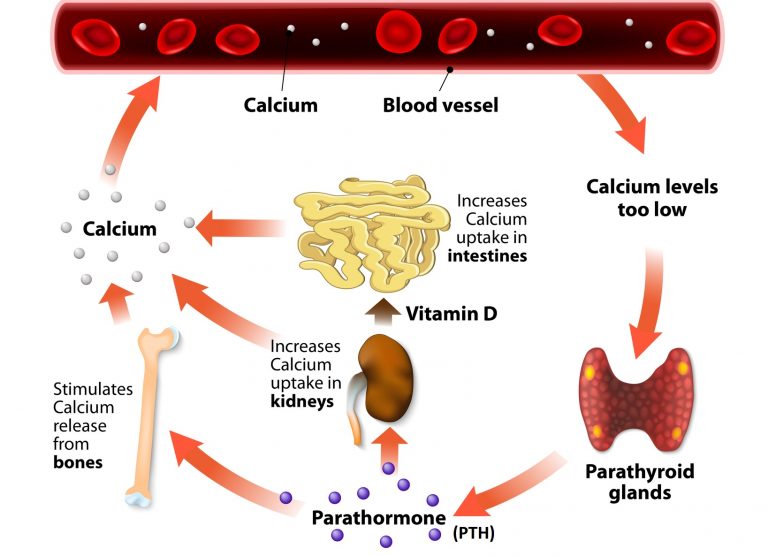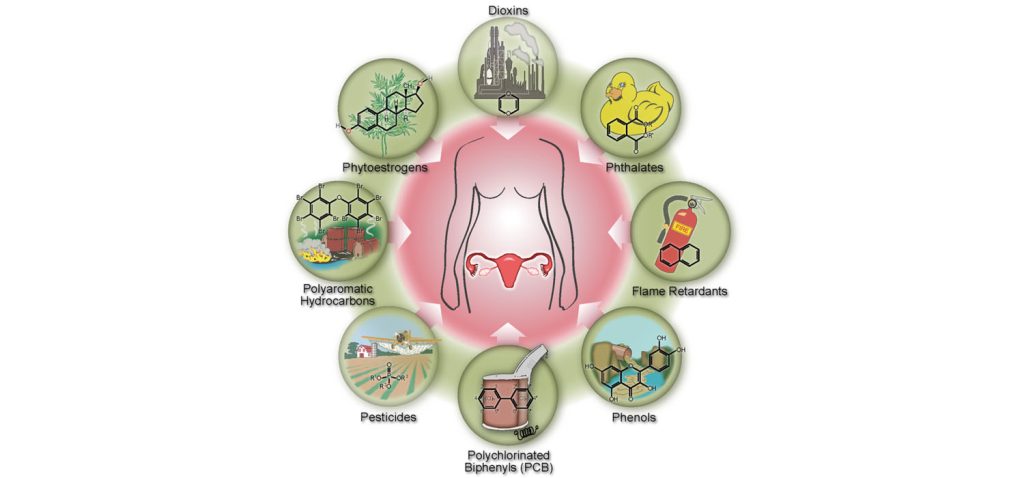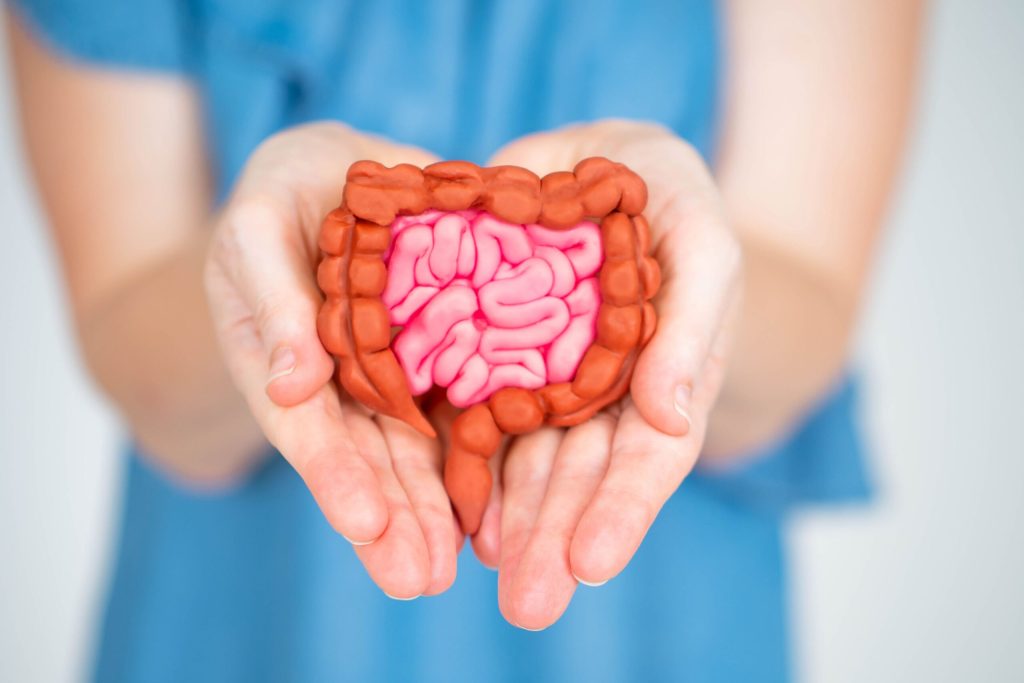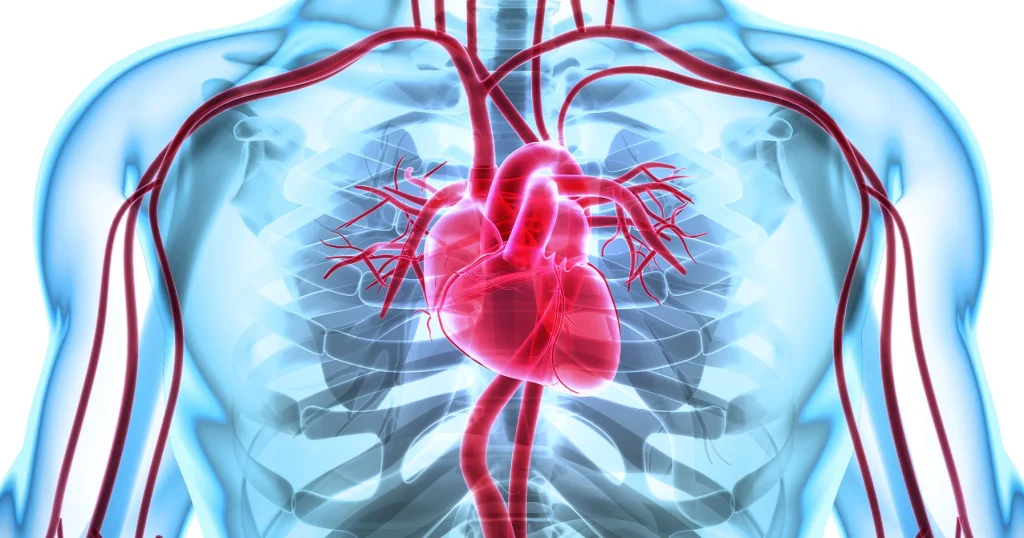The psychological impact of hormonal disorders
You don’t notice it at first. You just feel off. It doesn’t begin with sadness—it begins with something quieter, deeper, more chemical than thought. Days feel slower. Reactions feel heavier. Emotions shift, not from outside—but from inside. You question your mindset. You blame stress. But nothing fixes the weight. Because the source isn’t visible. It’s…
Read more



